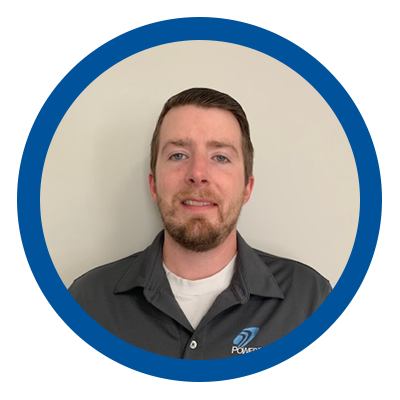Before I officially started as a telecommunicator, I thought a lot about helping callers evacuate burning buildings, providing TCPR instructions, and getting suspect descriptions from hysterical callers. Although situations like these happened frequently, what I didn’t think about was the amount of downtime there could be between calls. Depending on your agency and what shift you work, you can sometimes go a whole eight-hour shift without the 911-line ringing once.
Dealing with long periods of inactivity can be challenging. Too much downtime for new hires in their initial training period can also be detrimental. We’ve got some tips for how telecommunicators can stay proactive and prepared for when a call does eventually come through.
Train during downtime.
Providing continual access to training is one of the best ways to help telecommunicators become more proactive during downtime. Many agencies have been unable to provide sufficient training for their staff due to costs, availability of courses, and scheduling conflicts. Long periods of inactivity can be uncomfortable for a new hire when under the supervision of a training officer. Training officers expect their trainee to remain on task and keep away from distractions.
To remove these barriers, PowerPhone released a new Site Licensed Training portfolio earlier this year. For one annual price, agencies now have unlimited access to a wide range of certification and continuing education courses for their entire staff to take, as many times as necessary.
Total Response Site Licensed Training (SLT) is a perfect solution to productively fill downtime in a new hire’s initial training period. After the new hire takes their initial certification courses and is on the floor listening in, what are they supposed to do on a day when little to no calls are coming in? Site Licensed Training gives them access to go back through certification courses and take continuing education courses that will help prepare them to handle calls on their own.
One of the best courses for new hires included in SLT is “Application Training.” This course helps call takers master the use of Total Response call handling software. New hires can then open the training mode within the Call Handler. Training officers can run through mock calls with them to refine their call handling skills with the use of protocols. This allows new hires to retain their training and is a perfect way to practice calls when real ones aren’t coming in.
Unlimited access to training also provides many benefits to telecommunicators beyond their training period. Incidents like an active shooter or a natural disaster might not happen frequently at your agency, but that doesn’t mean they never will. For a telecommunicator who has never taken a certain call type and isn’t confident in their ability to handle it correctly, waiting many hours for the phone to ring can be anxiety inducing. Site Licensed Training empowers them to spend their downtime proactively and learn the correct way to manage the calls they fear.
Don’t be a desk potato.
I find it funny when someone complains that a 3-hour car ride is too long to sit. Anyone who has worked in a PSAP knows what it’s like to sit for 8, 12, 16-hours, or more. Although the job of a telecommunicator is sedentary, finding creative ways to move around throughout your shift can help reduce the negative effects of sitting for prolonged periods of time.
In this article, the Mayo Clinic recommends taking a break from sitting every 30 minutes. I’d set an alarm on my phone with a reminder to stand up from time to time during my shifts. Just remember to set it to vibrate to be mindful of your coworkers! If your center provides standing desks, work part of your shift standing. This also helps with staying alert, especially if you work a midnight shift.
Creating a simple stretching routine that you can do at your workstation increases blood flow, improves mobility, and helps ward off neck, back, shoulder and knee pain caused by too much sitting. Here are some examples of stretches you can do at your workstation. Along with stretching, practicing good posture while standing or sitting reduce pain caused by being sedentary for extended periods of time.
This PSAP installed treadmills underneath their workstations to help get their call takers moving. Although this isn’t a possibility for every center, getting some light movement in during downtime can help your physical and mental wellbeing improve dramatically.
Connect with your team.
My last tip for passing the hours productively is to talk with and get to know your coworkers. Telecommunicators help callers through extremely difficult situations on a regular basis. They also make tremendous personal sacrifices with their family and friends to keep their communities safe. These aspects can take a mental toll and it is important to do what you can to keep morale high in the PSAP.
I’ve found that sparking up a simple conversation with those on my shift helped keep us alert and brightened the mood. If your coworker is having a rough day and needs to get something off their chest, that sounding board will let them know you care and will help them get through the shift. Building comradery and friendship within your PSAP makes the long hours easier and the positivity that comes from it helps you be more compassionate with callers.
Dale Carnegie wraps up this last tip perfectly with this quote – “If you want others to like you, if you want to develop real friendships, if you want to help others at the same time as you help yourself, keep this principle in mind: Become genuinely interested in other people.”
For information on Total Response and our revolutionary Site Licensed Training, connect with us at info@powerphone.com.

About the Author








